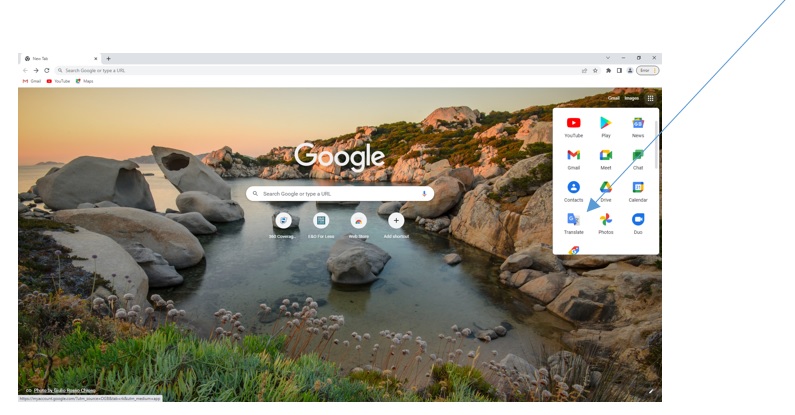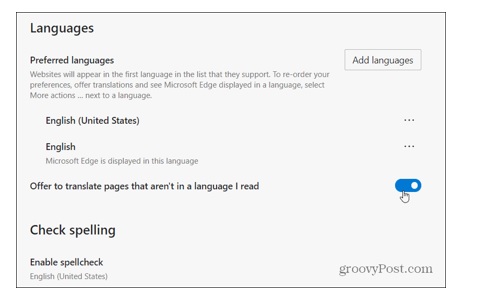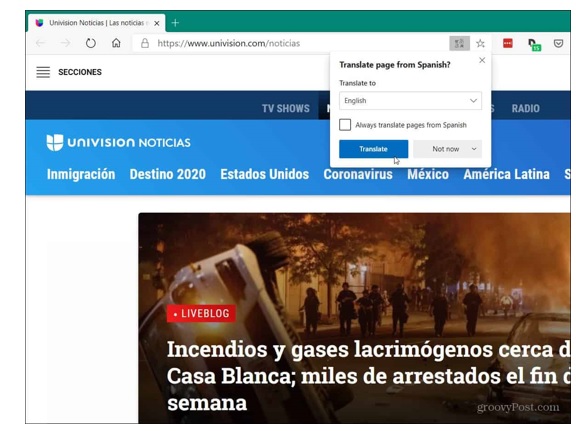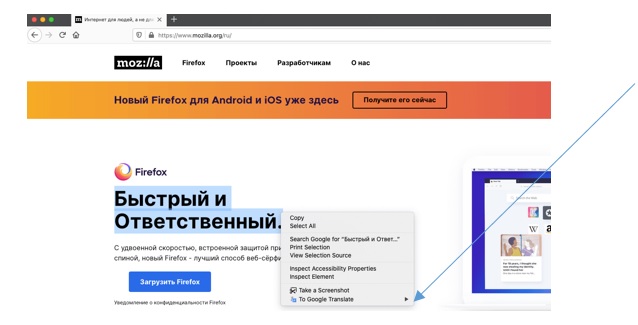
Are you an insurance agent getting ready to retire? If so, it's time to consider whether to sell your entire business or just your book of business.
The insurance business is experiencing a sweeping generational shift. Tens of thousands of agents are reaching retirement age. Many want to leave the industry to work part-time or pursue personal interests. To launch into their next life phase, they must decide whether to sell their entire business or just their book of business.
Aren't these options essentially the same? No. Read on to see why.
Sell-Your-Business Strategy
Selling your business involves selling your entire firm. For an agreed-upon purchase price, you sign over your company to a third party and then leave the scene. What does the new owner receive? Everything that comprised your business: its name, branding, office equipment, content assets, leads, client list and relationship history and your agency's renewal commissions in perpetuity, among other things.
Typically, they also receive one other resource: you! Venture financing companies (or large agencies) that acquire insurance businesses are willing to pay top dollar for well-managed, profitable operations with a strong likelihood of future growth. What makes that outcome more likely? The ongoing presence of the original owner.
As the person who presumably started and ran your business, no one knows as much about its customers and procedures as you do. Plus, your clients trust you implicitly and are likely to follow your future insurance recommendations.
Thus, to maximize the value of their purchases, acquiring entities often want the agency owner to stay on board for several years. To incent the owner, buyers may offer shares and additional resources to take the business to the next level.
This raises a dilemma. If you're ready to retire and want to sell your business at a favorable price, you may have to delay your retirement to snare a great deal.
Another point: you can sell a business even if you are its only employee. As long as your firm has customers, a renewal income stream, business processes and financial systems, you can sell it even though you're its sole employee.
Sell-Your-Book-of-Business Strategy
If you're not willing to work for a few more years for a new owner, you have another strategy to consider: sell your book of business. This involves selling your client list and business transactions to a third party. In this scenario, your sales price would likely be lower than you would receive if you sold the entire business.
How does it work? You simply transfer clients to the buyer's company. In return, that entity promises to pay you a percentage of your renewals for a given period of time, often two, three or five years. Afterward, the acquirer gets to keep your client base and 100% of your future renewal income. You get to play golf, travel the country or launch another business.
Remember, you don't have to sell your entire book. For example, you might have equally strong property & casualty and life/health renewal income and decide to sell only your life/health line in order to focus your efforts on P&C. This would let you work fewer hours while providing a cash windfall you could use for other purposes.
Pluses and Minuses
Selling your entire business is the best way to snag the highest sale price. As the catchphrase suggests, "the whole is worth more than the sum of its parts." In other words, buyers want to be assured of the future success of the business they're buying. They can only increase those odds by paying you to continue running the business for a time.
The disadvantage of this approach is easy to see: you have to keep working. However, if you begin planning your exit long before you want to pull your ripcord, you can sell your business, remain during the transition and leave by the time you hit your desired retirement age.
Another disadvantage is you will have to report to the new owner. For insurance entrepreneurs who have relished calling the shots for many years, having a boss can be annoying, if not demoralizing. If that person is a micro-manager, your formerly independent work environment can quickly become a source of frustration. The good news? It's only temporary.
If your heart is set on leaving soon and not having to work for a new boss, selling your book of business may be your best answer. The advantages of this approach can be compelling. Even though you might clear more money by selling your entire company, you can still net a significant amount from selling your book if your renewal income is substantial. If you ran a really tight ship, you might be able to negotiate a higher percentage of renewals than buyers typically pay. Such would be the case if your business had certain positive characteristics, including:
- Your customer data is clean.
- You can document all prior contacts with prospects and clients.
- You have smart data, meaning the new owner can see which customers generate the most profit and which lead sources generate the most new business.
- Your policy lapse rate is low.
- You have a robust client-communication system, including an inbound-marketing website, social media platforms and strong digital marketing campaigns.
- You have a spotless compliance record.
You'll likely receive a premium over other agencies selling their books if you can convince a potential buyer that your business has these strengths.
Seek a Quality Buyer
Whichever selling strategy you decide upon, try to find an ethical buyer with a strong track record of running successful businesses. This way, your clients won't be calling you with complaints about the new owner or, worse, threatening legal action against you.
However, even with a high-quality buyer, mistakes—and E&O lawsuits—can happen. That's why it's essential to understand how your E&O policy's extended reporting period (tail coverage) works. We'll explain this feature in Part 2 of this series.
Looking to save money on your E&O insurance? Then learn more about our insurance agent E&O program on the 360 Coverage Pros website.







Share this page.